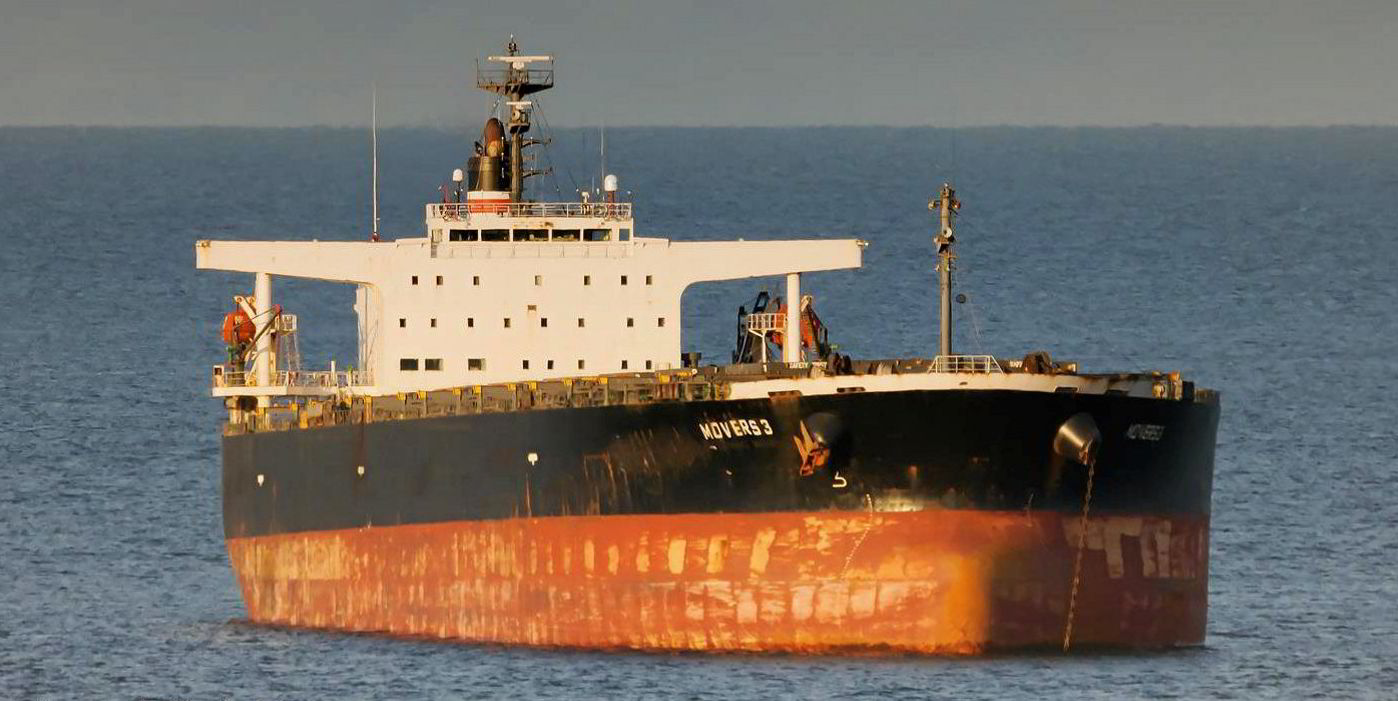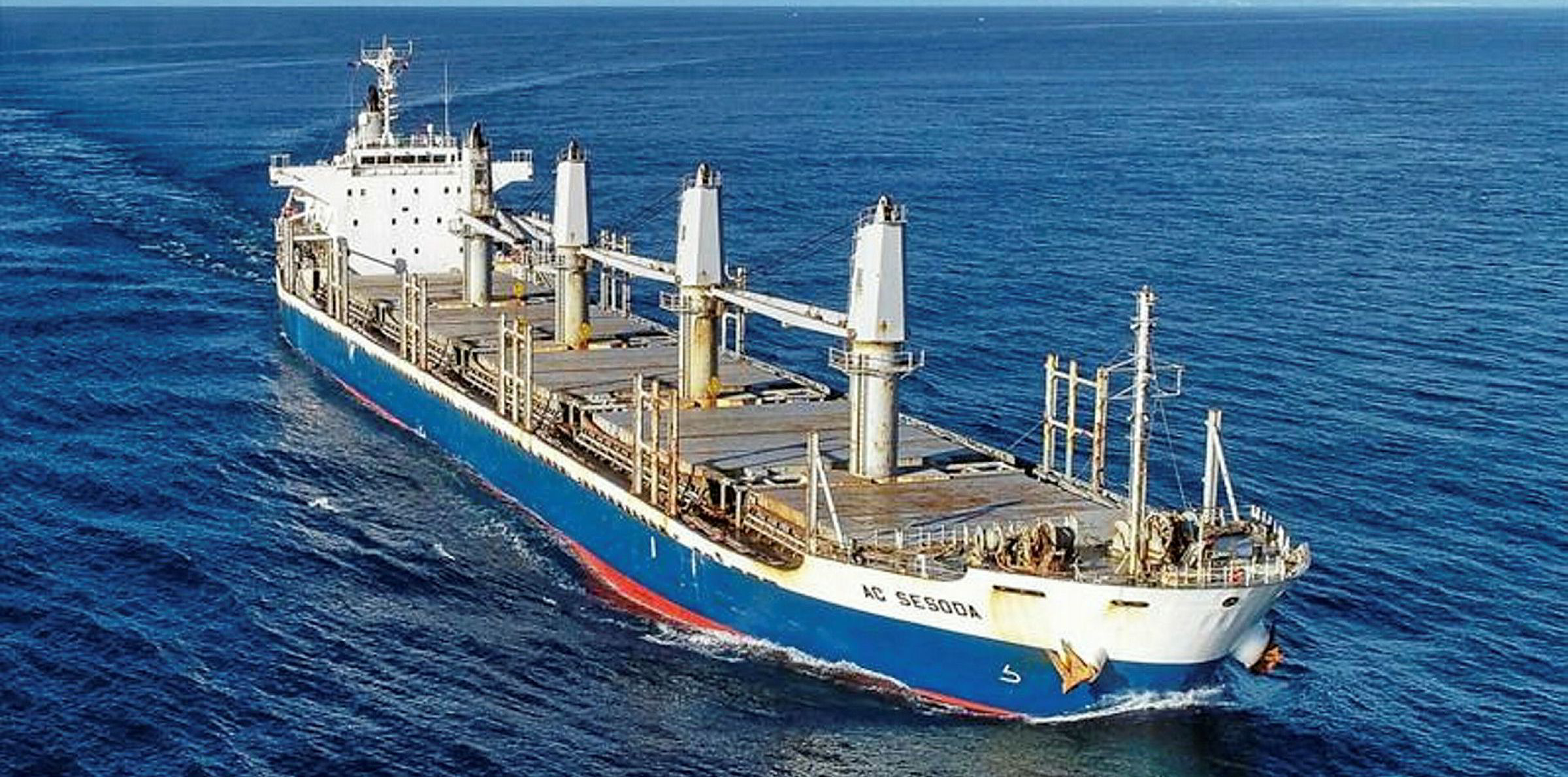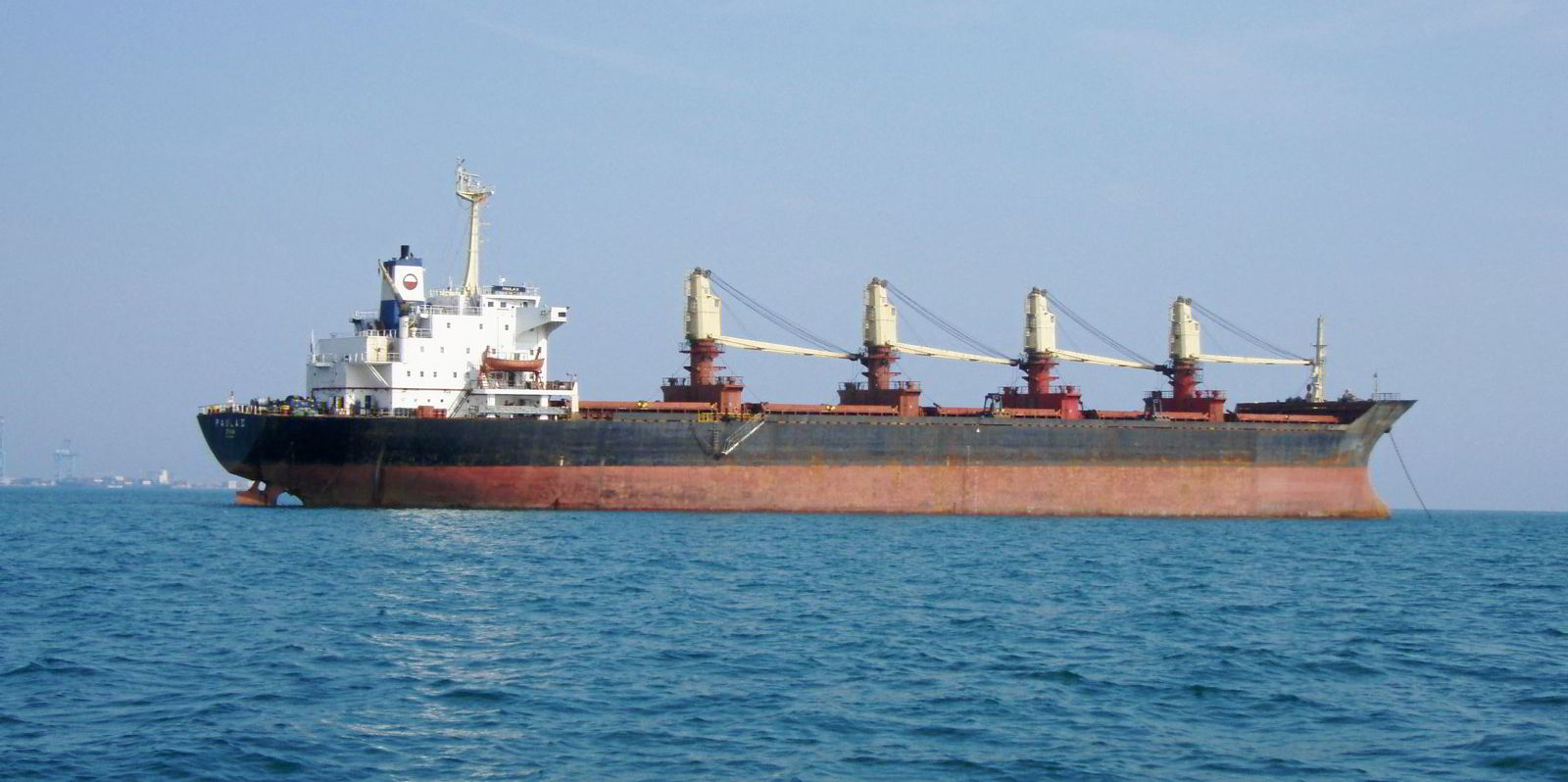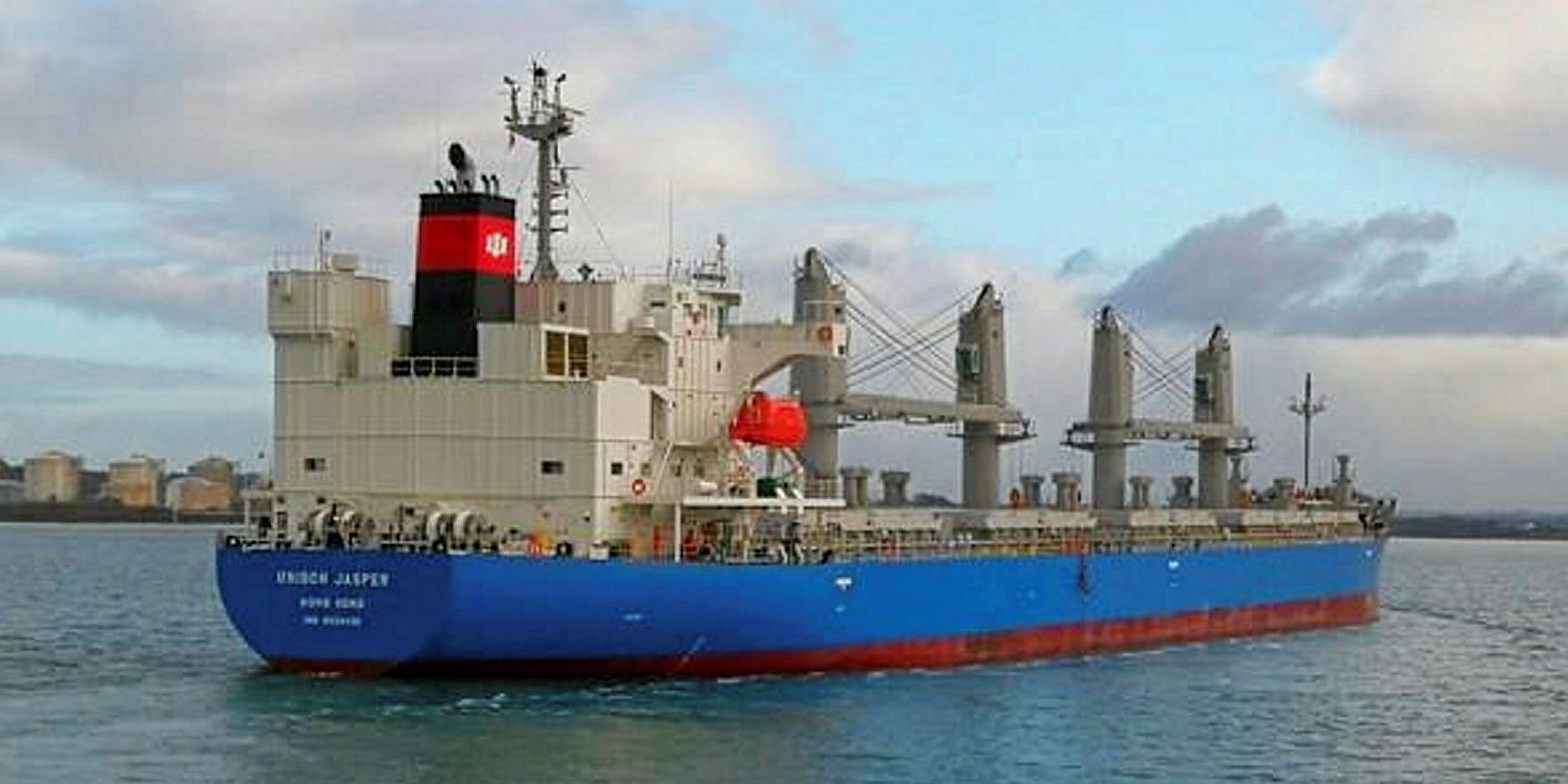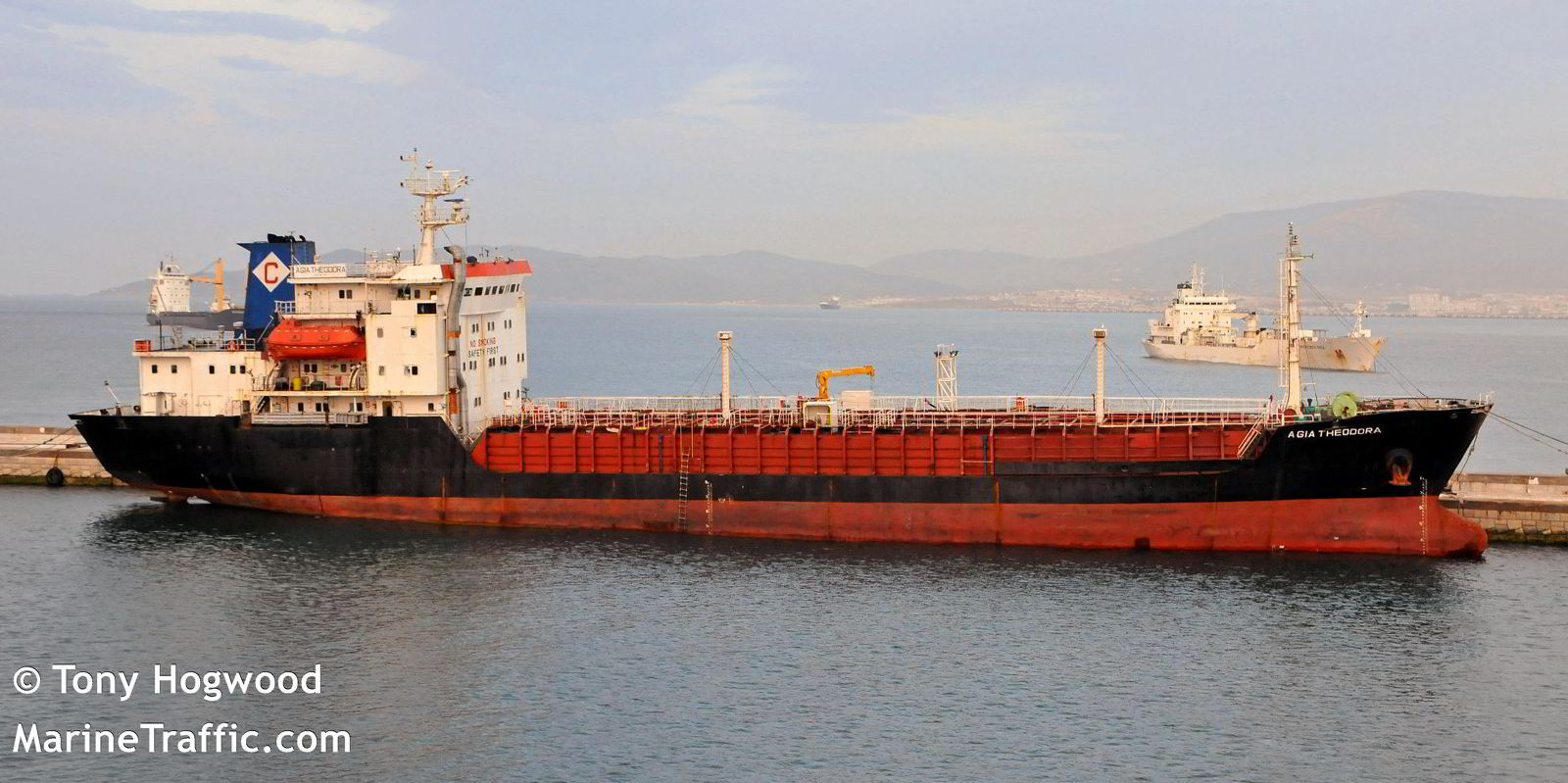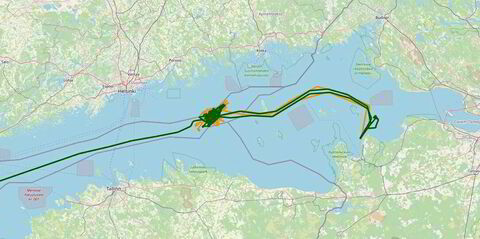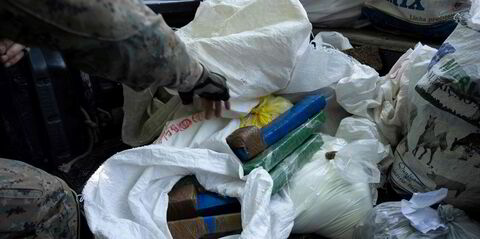The International Transport Workers Federation (ITF) has called for Australia to ban the ships of Aswan Shipping after two of its bulkers were detained over serious technical problems and labour rights issues.
The union said that companies like Aswan should be fearful of the consequences of violating the rights of seafarers.
Detained over the past two months by the Australian Maritime Safety Authority (AMSA) are Aswan's 97,000-dwt bulker Maryam (built 2004) and 91,800-dwt-dwt bulker Movers 3 (built 2002).
Inspections unearthed an assortment of troubles ranging from faulty engines and generators, no fuel or food, and wage issues that left crews with no alternative but to call in the ITF to help them with their plight.
The ITF listed the pair as being owned by Aswan Contracting & Trading of Doha, Qatar. TradeWinds reported in February that the crew of the company's 37,200-dwt bulk carrier Ula (built 1982) staged a hunger strike after being abandoned on board without food or pay since April 2020, a situation that still remains unresolved.
The Movers 3 and the Maryam were part of the Aswan Contracting & Trading fleet until late 2019, when the IHS Ships Register indicates they and its other post-panamax bulker, the 91,400-dwt Movers (built 1997), were shifted over to Aswan Shipping, a newly-formed Turkish company based in Istanbul.
The relationship between the two Aswan's is unclear, although IHS lists Movers Shipping of Istanbul as the group owner of some of Aswan Shipping's vessels, and Movers Trading & Maritime Transport as the group owner of others.
TradeWinds was unable to clarify this as calls to Aswan Contracting & Trading in Qatar went unanswered, while managers at Aswan Shipping in Istanbul did not return calls.
Regardless of which Aswan is the ultimate controller of the Movers 3 and Maryam, the ITF still links it to the Ula and wants the Australian authorities to declare the shipowner a habitual offender and ban the company's ships from calling at the country’s ports.
Australia frequently issues six-month bans on ships and companies that have breached the Maritime Labour Convention or failed more than one port state control inspection.
Ian Bray, the ITF’s coordinator for Australia, told TradeWinds that AMSA is investigating the Maryam and Movers 3 and he expects they will make a determination on whether to issue a banning order within the next few weeks.
Problem ships
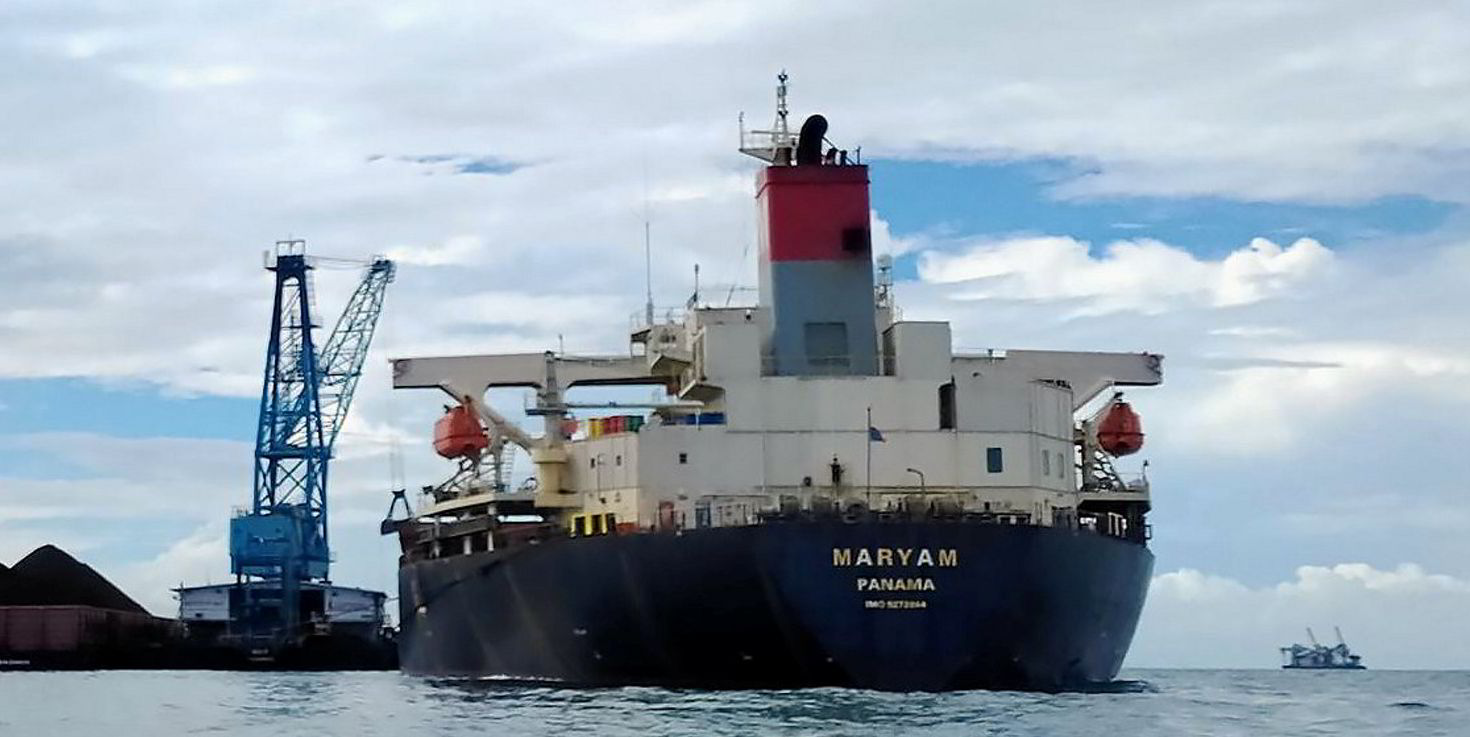
Aswan Shipping’s troubles in Australia began on 19 February when its Maryam was detained in Port Kembla while loading coal for China.
AMSA found problems with the partially laden bulker’s main generator, which forced the crew to use the emergency generator.
ITF inspectors boarded the Maryam on 5 March and discovered that it was without power due to a lack of fuel. Perishable food had been discarded because the refrigerators had stopped working.
“The lack of electricity put the crew’s welfare and mental health in serious jeopardy,” said Bray.
“They could not even have showers and to flush the ship’s toilets they had to lift buckets of water from the sea below.”
A portable generator was brought in to provide power to the vessel, and Port Authority New South Wales stepped in to provide fuel, food and bottled water.
There were also wage issues.
“Several seafarers were being paid well-below International Labour Organization minimum wages, and all crew had yet to receive bonuses due to them,” said Bray.
The ITF put the wage shortfalls and unpaid bonuses at $28,000.
Bray said Aswan eventually sent $5000 for the crew to meet urgent personal needs. Aswan also made arrangements to repair the generators.
The ITF is demanding Aswan pay outstanding wages and repatriate crew whose contracts have expired.
Aswan’s problems worsened in March when its Movers 3 anchored off Weipa, Queensland, to load coal.
AMSA detained it after discovering serious problems with its main engine.
The ITF claimed the port authority would not allow it to dock due to safety concerns.
The ship was also in danger of running out of fresh water, while problems with the galley freezers forced the crew to discard meat and other perishable food.
Bray noted the refrigerators were subsequently fixed and charterer Rio Tinto provided food supplies.
The ITF is still establishing the extent of potential labour breaches towards the crew.
